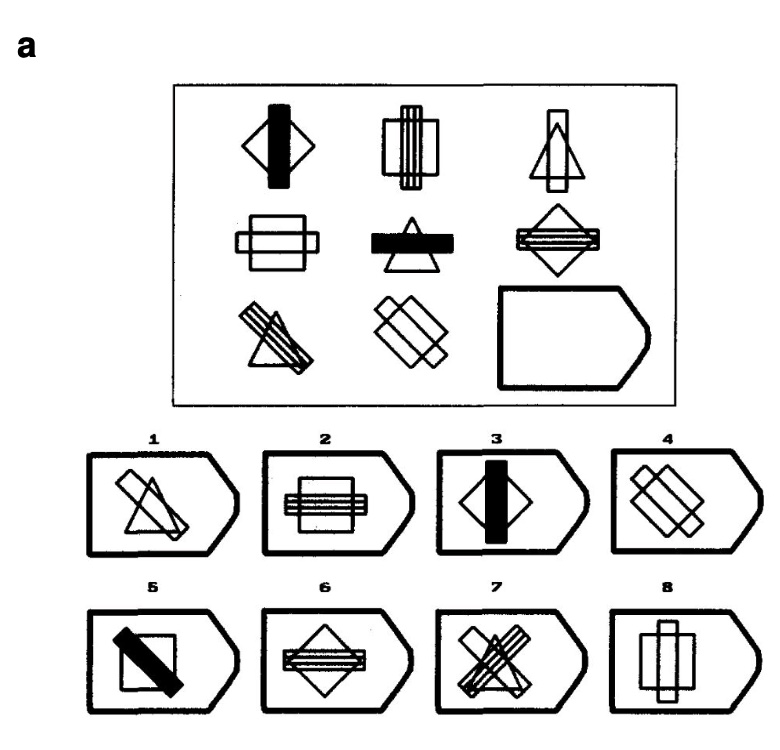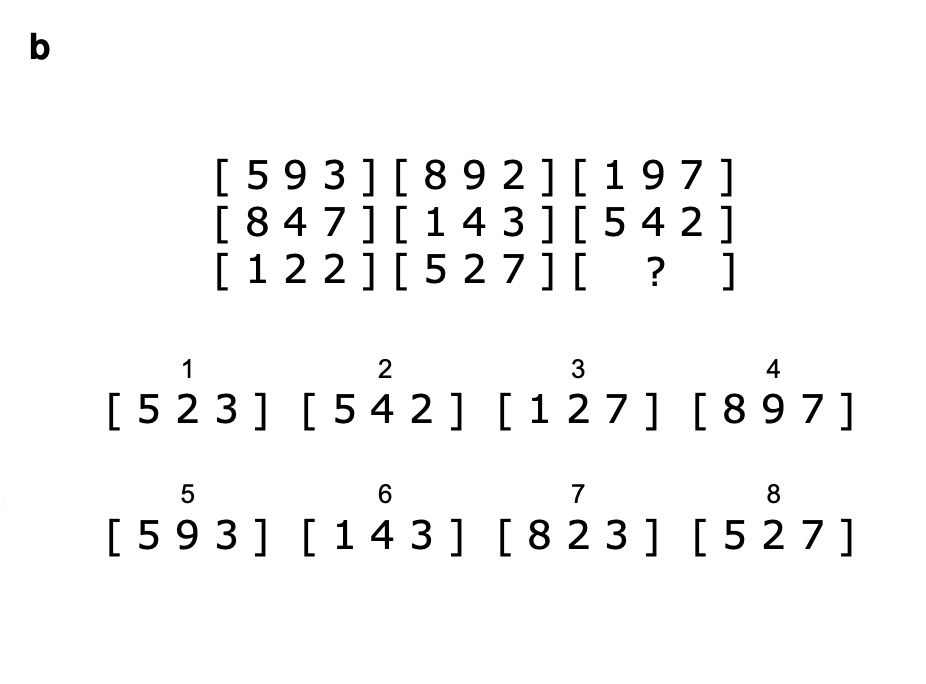During the latter half of the 20th century, the development of digital technology accelerated the creation of knowledge at an exponential rate. In what has been called the Fourth Industrial Revolution, we have created machines with processing power that can defeat humans in strategic games like chess and associative challenges like Jeopardy! as well as outpace us in the exploration of non-linear dynamic systems. Scientists working in AI are now using quantum computer technology to develop computers that will create successors of increasingly greater intelligence.
Observing that computer power has been increasing at an exponential rate in the first decades of the 21st century. Ray Kurzweil observed:
Artificial intelligence is all around us … If all the AI systems decided to go on strike tomorrow, our civilization would be crippled: We couldn’t get money from our bank, and indeed, our money would disappear; communication, transportation, and manufacturing would all grind to a halt. Fortunately, our intelligent machines are not yet intelligent enough to organize such a conspiracy.
Though artificial intelligence is ubiquitous in today’s world, some AI researchers suggest that the dream of a sentient computer like the HAL 9000 presented in the movie 2001: A Space Odyssey, will never be a reality. Roger Penrose argues that consciousness is distinct from algorithmic processing and that human thought has a non-algorithmic dimension not accessible by computers of any given processing power:
There is as much mystery and beauty as one might wish in the precise Platonic mathematical world, and most of this mystery resides with concepts that lie outside the comparatively limited part of it where algorithms and computations reside.
American biologist Edward O. Wilson argues that computers lack the capacity for cumulative learning that would enable them to mimic human thinking. Yet others argue that it’s just a matter of time before computers surpass humans in IQ, and perhaps, develop consciousness.
To claim that a computer has a greater IQ than a human, it will be necessary for a computer to outscore all humans on an IQ test–particularly the kind of IQ test containing items known as Raven’s Progressive Matrices. Such tests are essentially language-free and require only the identification of patterns in a 3 x 3 matrix display.
In a research paper shared on December 22, 2022, and titled, “Emergent Analogical Reasoning in Large Language Models,” three researchers, Webb, Holyoak and Lu at UC Los Angeles reported the performance of the deep learning software GPT-3 on Raven’s Progressive Matrices. One such item is shown below.

The GPT-3 large language model was given the “same” item but in the format below.

The researchers reported, “We found that GPT- 3 displayed a surprisingly strong capacity for abstract pattern induction, matching or even surpassing human capabilities in most settings. Our results indicate that large language models such as GPT-3 have acquired an emergent ability to find zero-shot [without prior coaching] solutions to a broad range of analogy problems.”
Whether computers will ultimately surpass the most intelligent humans on IQ tests is still unknown, but an even greater question looms on the horizon as quantum computing emerges, “If computers surpass humans in intelligence, will they also become sentient and develop a self-awareness?”
